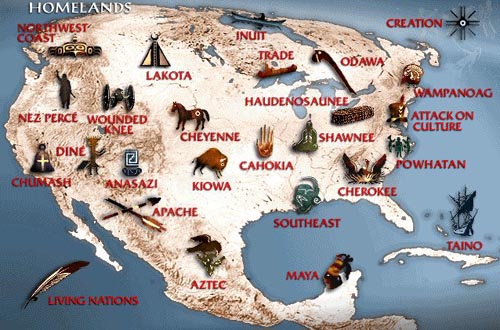The alternative political framework that Mr. Hutchins advocates is one in which Indian nations (which he refers to as “tribes” and “groups”) become further subject to both state and federal regulation. His ideal scenario is one in which state-federal arrangements are made that separate “responsibility for ‘Indian’ regulation between states and the federal government.”
Such regulatory arrangements ought to be constructed, Mr. Hutchins suggests, “within the parameters of our still-evolving Constitution, the indispensable basis of a national community including all Americans on a basis of legal equality.” In this last sentence, we find the familiar phrasing and rhetoric of the Anti-Indian movement, one that claims that Indian rights must be the same as individual civil rights in order to be “equal.” The way he phrases this argument is by saying that Indian people ought to learn to exist as “Americans” on “a basis of legal equality.” Mr. Hutchins’ refusal to acknowledge the collective rights of Indian nations is an old Anti-Indian “melting pot” position that he is proposing as a new “fix.”
Regarding Hutchins's artificial dichotomy--"supra-Constitutional inviolability or merely municipal-style local autonomy"--I'd say tribal sovereignty isn't either. It definitely isn't "supra-Constitutional," since its basis is in the Constitution. It's inviolable in theory, but it's already been violated so often that inviolability is no longer an issue. Yet it remains much more than "merely municipal-style local autonomy."
Needless to say, the Indian wins another debate over the white man. For more on the subject, see Indian Rights = Special Rights.


No comments:
Post a Comment